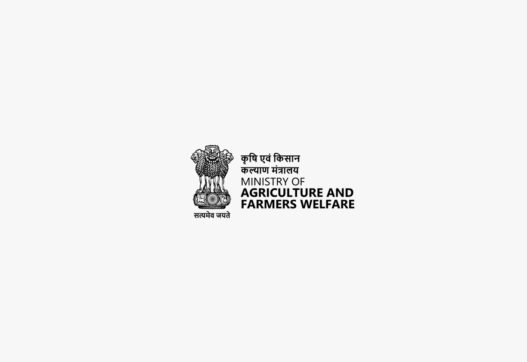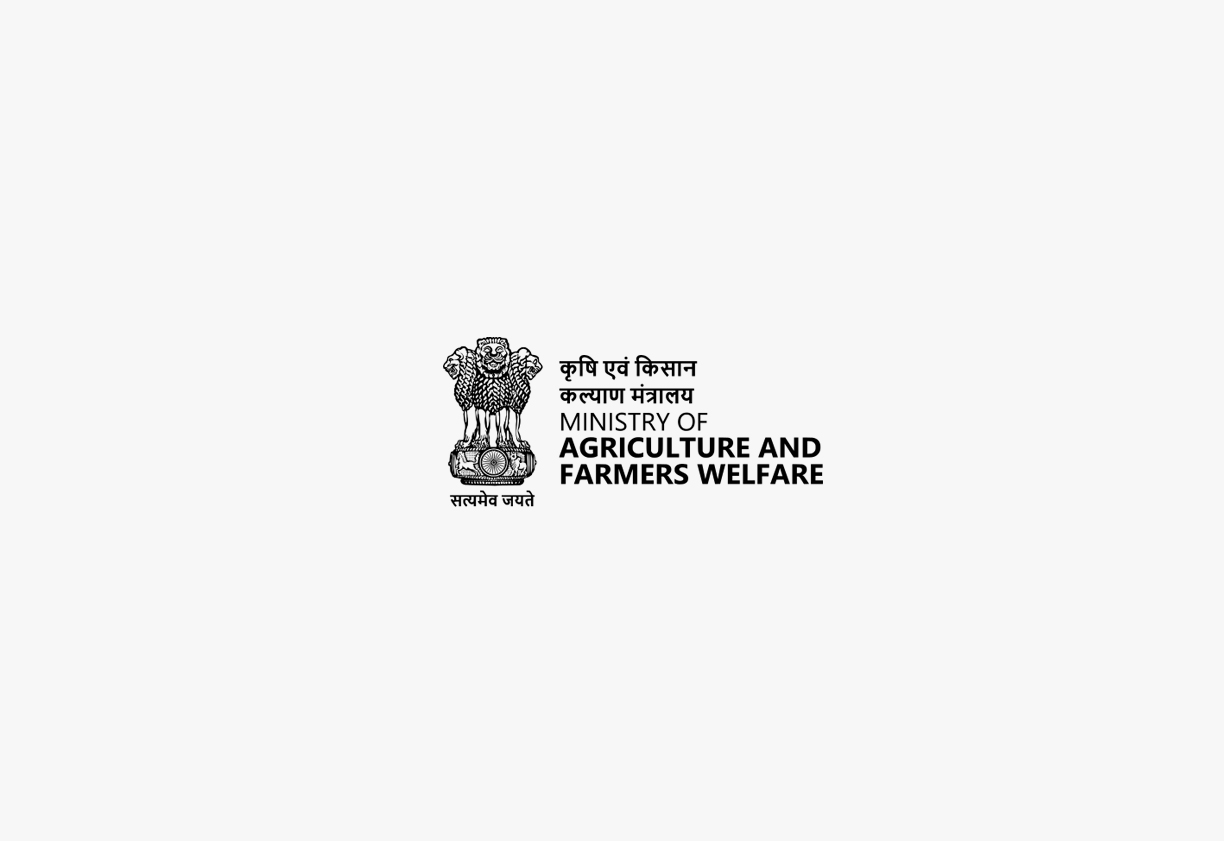Ministry of Agriculture and Farmers Welfare
The Prevention of Cruelty to Animals Act, 1960, is a key legislation in India that aims to prevent the infliction of unnecessary pain or suffering on animals. This Act provides a framework for animal welfare and regulates various activities involving animals. This article provides a summary of the Act, highlighting its background, key provisions, and penalties.
1. Act Background and Ministry:
-
Background: The Prevention of Cruelty to Animals Act, 1960, was enacted to prevent the infliction of unnecessary pain or suffering on animals and to amend the laws relating to the prevention of cruelty to animals. It reflects the need for a comprehensive law to protect animals from cruelty and exploitation.
-
Ministry: The Act is primarily administered by the Ministry of Fisheries, Animal Husbandry and Dairying, Government of India.
2. Enactment Date, Number of Chapters, Number of Sections:
-
Enactment Date: The Act was enacted on December 26, 1960.
-
Number of Chapters: The Act is divided into six chapters.
-
Number of Sections: The Act contains 41 sections.
3. Act Governed By:
The Act is primarily governed by the Central Government, which has the power to establish the Animal Welfare Board of India and make rules for carrying out the purposes of the Act. The State Governments also have a role in enforcing the provisions of the Act within their respective jurisdictions.
4. On Whom It Is Applicable:
The Act applies to:
-
Animal Owners: Individuals who own or have charge of animals.
-
Persons Conducting Experiments on Animals: Individuals or institutions conducting experiments on animals.
-
Persons Exhibiting or Training Animals: Individuals or entities exhibiting or training performing animals.
-
Local Authorities: Municipalities, district boards, and other local authorities involved in animal welfare.
-
Pound-Keepers: Individuals responsible for managing animal pounds.
-
Slaughterhouses: Individuals and authorities involved in the operation of slaughterhouses.
5. Penalties/Punishments:
The Act prescribes various penalties for offenses related to cruelty to animals, including:
-
Fines: Fines are imposed for various acts of cruelty, ranging from a few rupees to several thousand rupees.
-
Imprisonment: Imprisonment may be imposed for certain offenses, such as cruelty to animals, performing “phooka” or “doom dev,” and for contravening rules related to experiments on animals.
-
Enhanced Penalties: Enhanced penalties may be imposed for subsequent offenses.
6. Important Pointers:
-
Animal Welfare Board of India (AWBI): The Act establishes the AWBI to promote animal welfare and advise the government on related matters.
-
Cruelty to Animals: The Act defines various acts that constitute cruelty to animals, including beating, kicking, over-riding, over-loading, torturing, and mutilating animals.
-
Experiments on Animals: The Act regulates experiments on animals and requires the formation of a committee to oversee such experiments.
-
Performing Animals: The Act restricts the exhibition and training of performing animals, requiring registration and prohibiting certain practices.
-
Power of Entry and Inspection: The Act empowers authorized officers to enter and inspect premises where animals are kept or where experiments are conducted.
-
Power to Prohibit Experiments: The Committee for the Purpose of Control and Supervision of Experiments on Animals can prohibit experiments that are deemed unnecessary or cruel.
-
Power to Make Rules: The Central Government and the Committee have the power to make rules for carrying out the purposes of the Act.
-
Treatment and Care of Animals: The Act mandates the provision of treatment and care for animals involved in offenses.
-
Power to Deprive Ownership: The court can deprive a person convicted of cruelty of the ownership of the animal.
-
Protection of Persons Acting in Good Faith: The Act provides protection to persons acting in good faith under the Act.
-
State Amendments: Various states have amended the Act to suit local conditions, including regulations on bullock cart races and other practices.
7. Act Copy:




